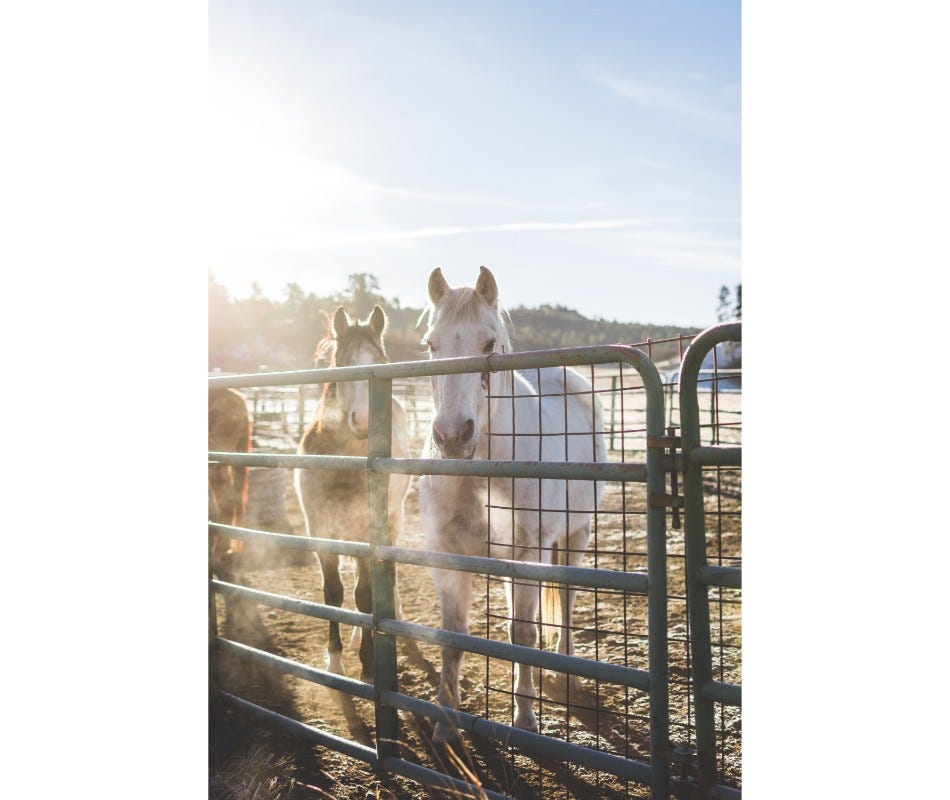We use cookies to make your experience better. To comply with the new e-Privacy directive, we need to ask for your consent to set the cookies. Learn more
Control Equine Parasites: What to Consider When Deworming
Internal parasites will always be present in horses
If they are left untreated, parasites such as bots and worms can compete for the nutrients that your horse should be getting. A horse that is heavily burdened with parasites can experience detrimental health problems.
The good thing is that problems caused by parasites can be controlled. There are a number of equine worming products available at Abler. Abler provides horse owners with a wide variety of affordable, effective, and safe equine worming products. It is important to consult your veterinarian and ask for advice in regards to the most suitable worming program.
There are three chemical classes of dewormers currently available. Each class exhibits a different level of efficacy against specific parasites. Here are some general rules when attempting to control parasites in horses.
Consider a Broad-Spectrum Agent
When choosing worming products, try to look at the targeted species of parasites. Some dewormers only target a couple of parasites, while others can cover a wider range.
You also need to take into consideration the specific stage of the parasite lifecycle, which the agent is targeting.
Pay attention to what is not stated on the label as well. Some wormers do not claim to have efficacy against bots. Therefore you need to look for a product that says “boticide”.
Consider the Age of the Horse Being Treated
Young foals are more susceptible to parasite infections and their health consequences can be serious. Foals can be given treatment as early as seven days old. This will prevent problem such as foal-heat diarrhea. This is usually caused by threadworms. However, please note that not all dewormers can be used on young foals. Before choosing your wormer, review the product information. Check the age restrictions for worming. Better yet, consult your local veterinarian.

General Tips to Control Equine Parasites
- Whichever deworming schedule your veterinarian recommends, follow it diligently. Follow the dosing label of the product or as ordered by your veterinarian. Submitting fecal samples to your veterinarian can also help you determine if dewormers are required.
- Amongs the parasites that can affect your horse at a certain time of the year are bots. Ivermectin (AbIver™) is the number one choice of drug to bots.
- Parasites can easily develop resistance against dewormers. In some areas, small strongyles have developed resistance to fenbendazole and pyrantel pamoate. You always have to consult your veterinarian to check if problems of drug resistance are rampant in your area. Your veterinarian can advise on proper wormer rotation.
- Pasture management is just as important as administering the right dewormers. Clean stables and pick up droppings from manure on a regular basis.
- Spreading manure to act as fertilizer only helps when you are located in a hot climate area. This is because high temperatures can kill off parasite eggs in the feces.








Validate your login